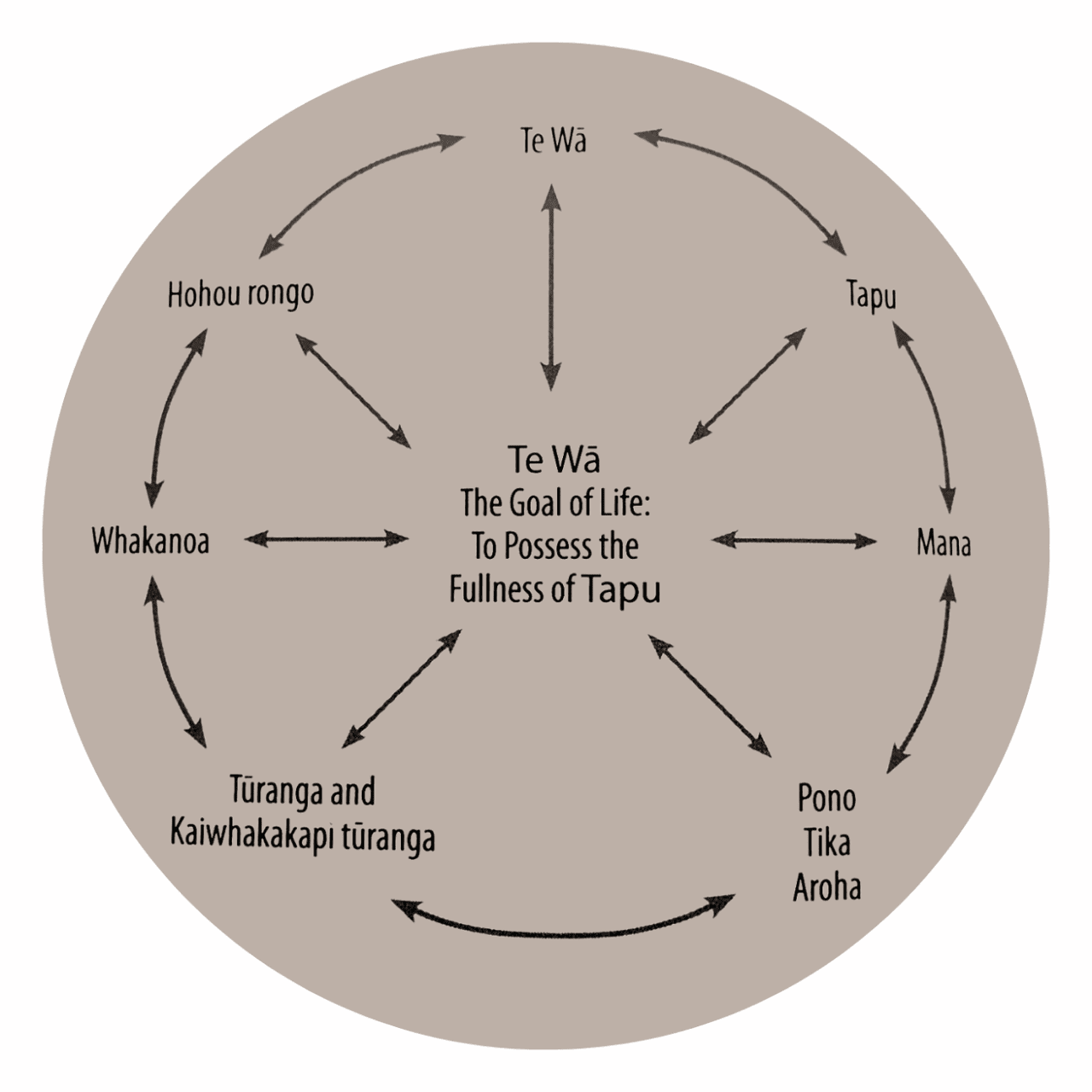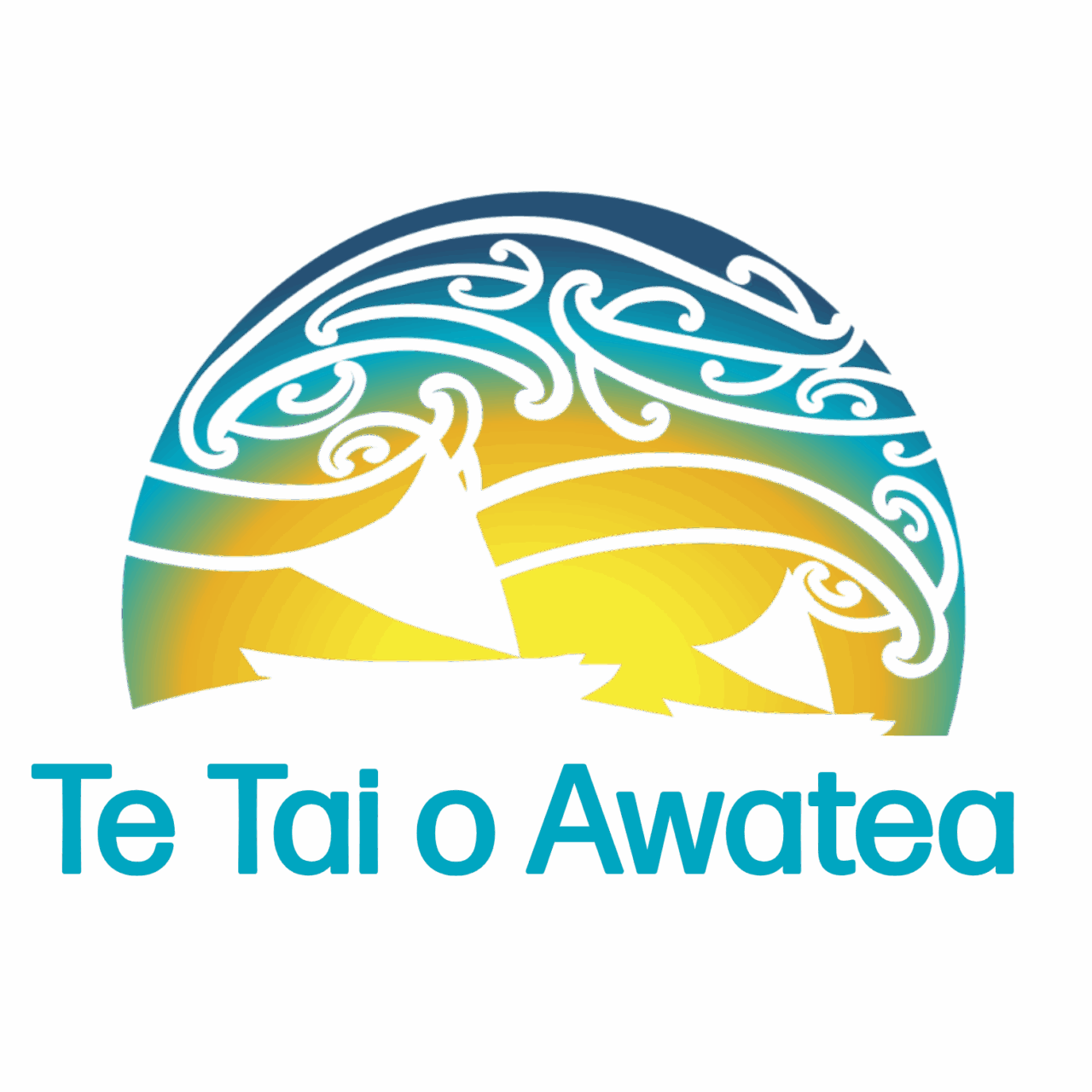
“Ko te whāinga matua kia hohou nei i te rongo hei whakapiki ora, hei whakapiki mauri kia aio te noho ki te ao tūroa nei…”
Hohou = to bind together, lash
hou = new, fresh, to enter
rongo = to listen, feel, taste, smell, perceive, peace, reconciliation
Why do we have this policy?
“He aha te mea nui o te ao? He tangata he tangata he tangata…” – Meringaroto, puhi nō Te Aupōuri. Circa 1820s.
Our relationships with Iwi, Hapu, whānau and hapori are the most important thing. Through these relationships the waka of Te Tai o Awatea pulls closer distant shores of taonga tuku iho and mātauranga for the benefit of whānau and community. Te Tai-o-Awatea continues to learn and grow, delivering te reo Māori programmes and activities that seek to strengthen the local community.
We hope that through our interactions, all whānau are uplifted in their mana motuhake and hauora and we work hard to ensure all our communications and relationships are tika and pono, and based on manaakitanga and aroha.
We intend for all our interactions and relationships from all kaimahi and Poari to be based on our values, however we realise there may be times when despite our best efforts, difficulties arise. This policy and the procedures that follow lay down the pathway we will follow in such situations where our face to face communications have not produced the ideal outcome.
Our Values:
Co-operation – working together to produce good outcomes,
Relationships are based on ‘high trust’
Love and compassion towards others
Be flexible and good at heart
Be true to the purpose of working together
Maintain peace throughout
Who is this policy for?
This policy and procedures is for anyone who has experienced difficulty through their engagement with Te Tai o Awatea. It enables anyone to raise an issue or difficulty with any member of Te Tai o Awatea- volunteers, Poari, kaimahi or program providers.
Examples of difficulties might include actions or decisions made by Te Tai o Awatea, processes not being managed well (or at all), disagreements, unprofessional or upsetting behaviour, or delays or failure to communicate.
The procedures attached set out the pathway to follow if hui kanohi-ki-te-kanohi is not successful, or for whatever reason, seems inappropriate. If the difficulty relates to a tamariki or rangatahi it may be more appropriate to follow Te Tai o Awatea’s Safeguarding Children policy.
What we commit to do.
We are committed to resolve difficulties as soon as they arise or are brought to our attention. We will act in line with our values and with integrity and will always follow these procedures no matter what the situation. We will make sure the person raising the difficulty with us is treated fairly, has the opportunity to be heard, and we will ensure the difficulty remains confidential to the parties involved.
Related relevant policies and legislation
- Te Tiriti o Waitangi 1840
- Te Tai o Awatea Safeguarding Children Policy
- Te Ture Noho-Matatapu o Te Tai o Awatea
- Te Tai o Awatea Health and Safety Policy
- Te Tai o Awatea Whistle blowing policy
- Te Tai o Awatea Trust Deed.
Review and Responsibility:
The Board of Trustees are responsible for this policy and may delegate procedures to the Kaiwhakahaere. This policy and procedures will be reviewed annually, upon any situation where a difficulty is raised and upon any change in legislation.
Ngā Tikanga/ Procedures:

The following procedures will be worked through step by step as long as both parties are satisfied with the process. If not, continue to the next step. All parties at any time have the right to have their whānau or support person present or supervisor/ advocate.
- We hope that issues can be raised immediately, no matter how small they seem when they first appear. The first step is to contact the Te Tai o Awatea member to explain the situation and give the opportunity to resolve any difficulty through face to face meetings, kōrero or phone call. It is hoped informal conversation in this way will resolve any difficulty. The Te Tai o Awatea member has an obligation to inform Kaiwhakahaere or Chair, if this process has occurred, even if the situation has been resolved in this first instance.
- The next step is to put in writing the details of any difficulty and forward this to the Kaiwhakahaere. If the difficulty is to do with the Kaiwhakahaere- this can be sent to the Chair.
- Te Tai o Awatea will:
- Whakahoki wawe i te Kōrero: Acknowledge the written communication within 5 working days
- Hui: As soon as possible (within 7 days of the acknowledgement) find a time to meet ‘kanohi-ki-te-kanohi’.
- Ko te wā tika nā runga i ngā tohutohu o te Maramataka: We believe it is really important to choose the correct phase of the lunar cycle when holding a “hui-hohou rongo.”
- Karakia: Another important facet of hui is ‘karakia.’ Call on your prayer support and ask for karakia before, during and after. Go in with a “win-win”attitude as opposed to a “win-lose” attitude.
Begin session with karakia and mihimihi prior to actual discussion on the ‘take – issue’ at hand.
- This hui will be a chance to hear more about the situation and attempt to find a resolution.
Two members of Te Tai o Awatea will be present for this hui of which a neutral venue will be chosen. It is advised to have a support person for both organisations, preferably a kaumatua or ‘someone of standing’ within the hāpori. Pa Henare Tate outlines the process of ‘hohou rongo’ in his book, “He Puna Iti i te Ao Marama’.
Whakarongo: The process of speaking will be “tū-atu, tū-mai” where one side speaks and the other listens without interjecting and visa-versa. At any time, if a person or persons chooses not to abide by this tikanga or becomes violent, the hui will be shut down after which, a formal letter/email will be written to the offended party to look at another pathway for hui to occur. See #4.
- Hui Minutes: After any hui, a record of what has taken place will be sent to all parties with the chance for any changes to be made to that record. The record will include details of the conversation, details of the difficulty and any follow up actions that have been agreed upon. Further meetings may take place until all aspects of the difficulty have been resolved.
- If the situation is not resolved through face to face meetings, the difficulty can be communicated by way of written communication to the Board of Trustees. If this occurs the Poari will (depending on what steps have already taken place):
- Reply to the communication within 5 working days giving details of how they intend to manage the difficulty, what has been done so far and what the next stage of the process will be
- Gather any further information needed to be able to assess the situation- this may include hearing from Te Tai o Awatea kaimahi, meeting with the individual who has raised concerns, talking with any other person as seems necessary, and gathering any other information from any other sources that may be required.
- within 20 working days the Poari will send a written reply to the individual detailing what has been done and suggesting a resolution to the difficulty.
5. If the process or remedy offered is not accepted by the individual concerned, or no resolution has been found, an independent mediator may be engaged and a meeting set up within 2 weeks. After meeting with the mediator, the Poari will send a final letter to the individual giving a final assessment of the difficulty, the steps taken to resolve the situation and any remedy that may be appropriate.
6. None of these steps above remove any legal remedy that may be available for resolution of difficulty, or breach of legislation
